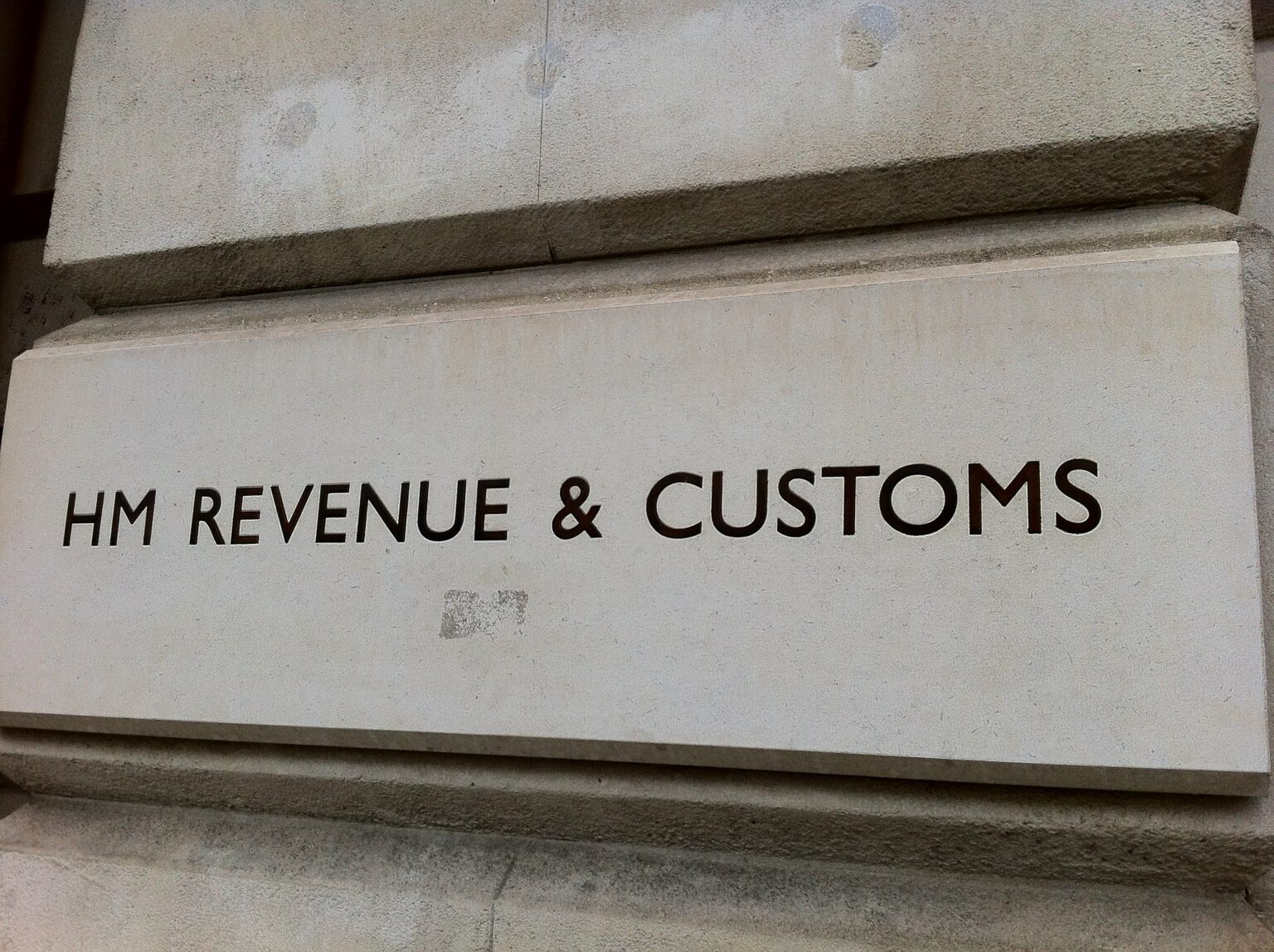The UK government gave over £150 million in tax breaks to fossil fuel companies in the space of three years, new research has found.
A new paper out today reveals that tax credits for fossil fuel extractive companies to conduct research and development (R&D) increased by around £20 million year on year between 2014 and 2016.
Will McDowall, Associate Professor in Eco-Innovation at UCL’s Institute for Sustainable Resources and author of the paper, told Desmog: “Fossil fuel extraction companies in the UK are enjoying tax breaks that help them develop new ways of producing coal, oil and gas. It seems to me like a poor use of public money.”
‘Innovation’
Professor McDowall is calling on the government to scrap research and development tax credits for fossil fuel extraction and instead invest the money in clean energy.
“When I looked into this data, I was surprised by the scale of the money involved, and disappointed that my analysis suggests those companies focus most of their innovation efforts on fossil fuel extraction, not shifting to new, low-carbon technologies,” he added.
The paper found that in 2014, fossil fuel companies received £26,782,754 in tax credits for research and development. This figure more than doubled to £55,089,708 in 2015 and rose again by nearly £20 million to £72,656,753 in 2016. The total for the three years was £154,529,215.
McDowall – who also looked at tax breaks in Australia, Canada and Norway – said HMRC, which provided the data, could not identify the individual companies for privacy reasons and only shared aggregate amounts of money for each year.
He said tax credits represent an indirect form of government support for “innovation” by fossil fuel extraction companies. This means publicly available data on how much the government spends directly on research and development can “significantly understate” the total amount of government support for fossil fuel innovation.
More recent data for R&D tax credits given specifically to fossil fuel extractive companies is not yet available, but it is likely to have continued to increase given the size of R&D tax credits for the wider “mining and quarrying sector” in subsequent years (£115 million in 2017 and £100 million in 2018), McDowall said.
‘Absurd’
The findings come after the International Energy Agency last week said all new extraction of oil and gas must stop this year if the world is to hit its climate targets.
Anna Vickerstaff, UK campaigner at divestment campaign group 350.org, said the difference between rhetoric and reality on the part of the government was “frankly astonishing”.
“It’s absurd that on one hand, the UK government makes promises to address the climate crisis, claiming that they are leading the world on climate action and yet on the other continues to support polluting fossil fuels,” she told DeSmog.
“The growing call for concrete action is now impossible to ignore. The international energy report released early this week lays bare the urgent need to leave fossil fuels in the ground to stay below 1.5. The message to the UK government it clear – its time to end any funding to fossil fuels.”
The UK government has a net zero target to reduce greenhouse gases by 78 percent by 2035 from 1990 levels, and is hosting the COP26 UN climate summit in November. However, despite ambitious climate pledges, a 2020 report found the UK had doubled its support for fossil fuels in the three years since signing the Paris Agreement.
Ministers are also under pressure to reject plans to open a new coal mine in Cumbria, which a report from think tank Green Alliance found was “incompatible” with the UK’s ambitions to tackle climate change. It is also pushing ahead with allowing new licences for companies to exploit oil and gas in the North Sea, while pledging to stop funding for fossil fuel exploration abroad.
An HM Treasury spokesperson told Desmog: “Since their introduction, research and development tax reliefs (R&D) have been a major success in incentivising UK companies of all sizes to invest in R&D.”
“We recently published a consultation on modernising the R&D tax relief schemes to ensure they continue to support our world-class innovation ecosystem.”
The consultation closes on June 2. The Department for Business, Energy and Industrial Strategy has also been contacted for comment.
Subscribe to our newsletter
Stay up to date with DeSmog news and alerts






